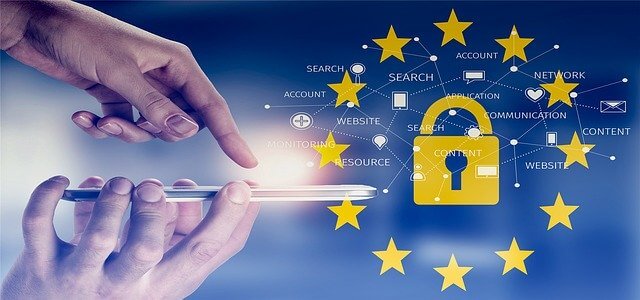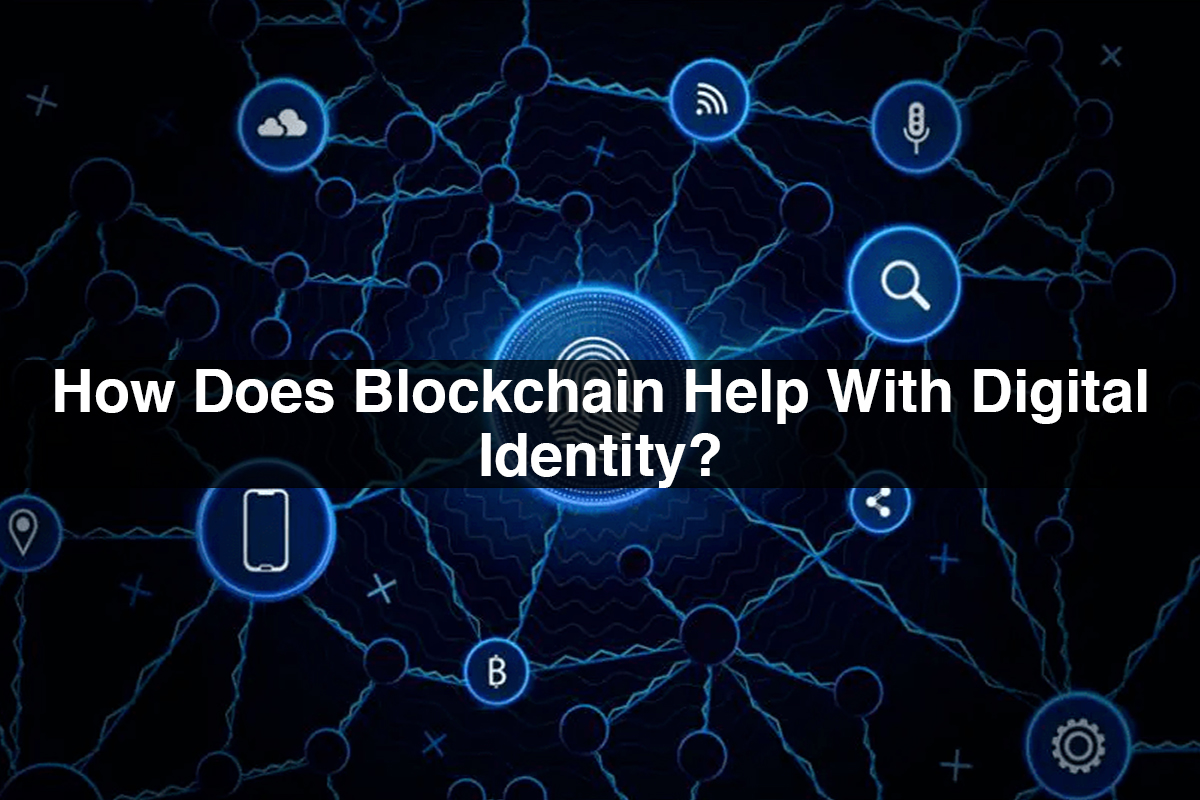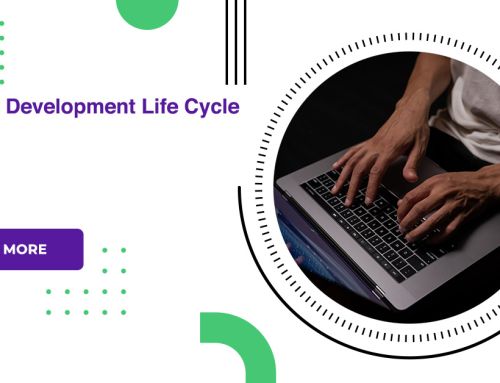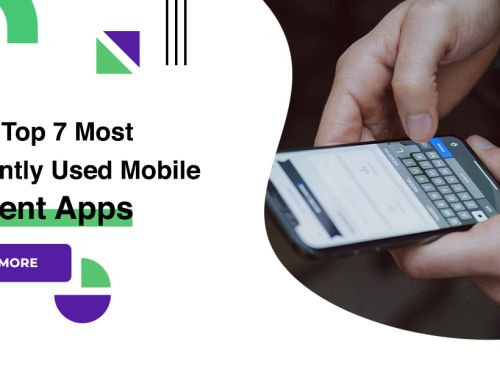How Does Blockchain Help With Digital Identity?
Blockchain is a system that stores/recodes information of a digital ledger of transactions in a way that makes it impossible to change, hack, or cheat and this system only makes duplicated and distributed across the entire network of computer systems on it. It is a chain of blocks containing a number of transactions. If a new transaction occurs on the blockchain it is been recorded on every participant’s ledger. In a simple word digital information on a person is stored in a chain of the public database.

What is identity?
In specific the Personal identity is a fundamental human right. Every human must contain some identity. At its most basic level, identity consists of:
- First name and last name.
- Date of birth of the individual.
- Nationality of the individual.
- A national identifier such as passport number, social security number (SSN), driving license, etc.
As of now, without a valid identity, anyone can not own property, open a bank account, vote, receive government services, and find full-time employment. There must have some control over one’s identity, without it is easy to become invisible. To overcome this the identity is made digitalized. However, there is a big problem while storing it is plaguing this space. All this data, such as passport number, SSN, driving license are stored in centralized servers and databases. This leads to three major issues:
- Only these centralized entities can give out identities.
- These centralized entities can mishandle your personal data.
- Identity theft.

Role of block chain
- The blockchain helps to overcome the problems faced by the centralized database
- Digital units cannot be easy to replicate in the blockchain.
- Digital files in the blockchains are tamper-proof.
- Digital processes involved in this are also tamper-proof.
Decentralization
It is a technique used for Blockchain, as the information in it is copied and spread across a network of computers instead of storing it in a central location which makes updates on every blockchain to reflect the change make it more difficult to tamper with. If a copy of the blockchain fell into the hands of a hacker, only a single copy can be modified but it may impossible to modify the entire network.
Benefits of decentralized identity
This technology offers the following benefits:
- Decentralized Public Key a tamper-proof and trusted medium to distribute the encryption keys and asymmetric verification of the identity holders.
- Manageability and Control- where the security becomes the responsibility of the user like using some service like a digital bank vault or a password-manager like an app.
- Decentralized Storage – it is one of the core components of the blockchain to have secure identity data management.
- Cost reductions & Improved accuracy by removing human involvement in the verification process.

Conclusion
The digital identity is an important one that is being more developed as well as gets disruption, with blockchain technology the process of disruption can be made avoided. There are several blockchain projects working on digital identity development using the blockchain such as Sovrin, civic, uPort, and much more.









